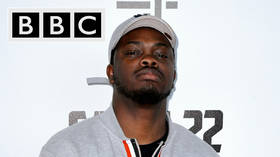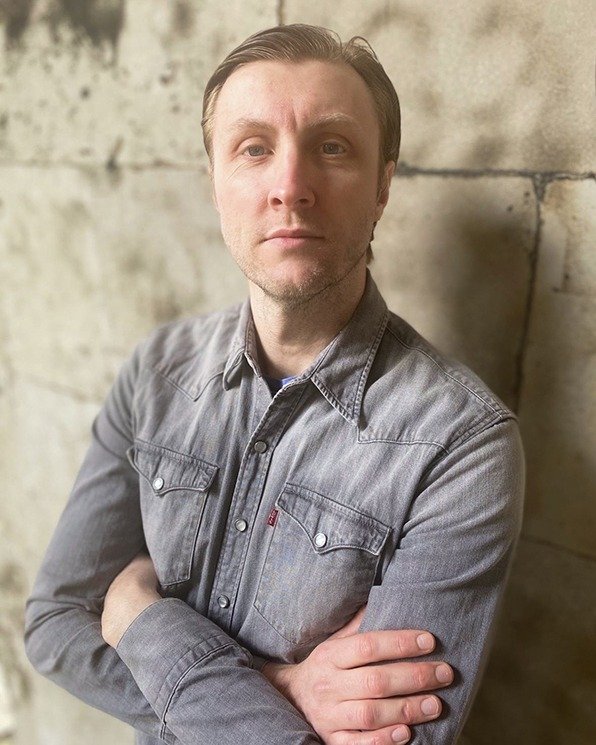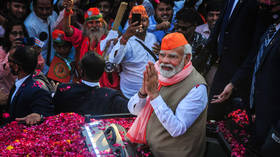As DJ quits and BBC boycott is planned over use of the N-word, why don’t black celebs call out the sexism and profanity of rap?

Use of the N-word in a BBC news report has caused a 1Xtra radio presenter to quit and now there are calls to boycott the Beeb. But there’s silence on the station’s endorsement of music that promotes violence and misogyny.
A relatively unknown, minor media personality whipped up a racism debate and has turned himself into a well-known, minor media personality. That’s Sideman, or David Whitely to his friends.
He foisted himself into the news with an Instagram video resigning from the BBC, where he worked on radio station 1Xtra. The motivation was what he called “a slap in the face to our community” after a white person used the N-word on TV.
However, the grandiose statement neglected to reveal any context. The white person was female social affairs correspondent Fiona Lamdin. She was covering a horrific attack on a black healthcare worker, who was making his way home after a shift at Southmead Hospital in Bristol.
A car was deliberately driven into him at speed, resulting in multiple injuries including a broken leg, nose and cheekbone.
Doctors said if he hadn’t been physically fit, he would have died.
Lamdin spoke on camera to a witness who recounted the incident which included the vitriol directed at him, as he lay helplessly fighting for his life. With a prior warning of highly offensive language, Lamdin said: “As the men ran away, they hurled racist abuse, calling him n*****.”
It was public service broadcasting with the hope of bringing the offenders to justice. Still, Mr Whitely could only comprehend that a white person had uttered it.
His outrage contributed to the clip being removed from BBC platforms, along with an official apology. Now a collection of black professionals are calling for a 24-hour BBC boycott.
Ironically, 1Xtra’s current A-list, the songs it plays most often, features six tracks that include the word, although they are bleeped out so as not to offend. Bleeps for swearing and drugs references are removed at other times, although the N-word is always obscured.
The communications regulator Ofcom states the word “might be acceptable in some contexts pre-watershed. For example, the research says that: “Participants… noted that the word ‘n****’ is commonly used in rap songs and is not seen as unacceptable in this context.” However, the research also notes that some participants objected to the use of the word at all on television.”
It stresses the need for “strong contextualisation,” but is anything stronger than trying to apprehend attackers that left a 21-year-old in pieces? Since it aired, four individuals have been charged with attempted murder.
It appears that it’s more acceptable for offensive terms to be blasted out by DJs trying to gain more listeners so they can negotiate a bigger contract, and in the process, hand over royalties to often already wealthy musicians.
A black rapper who is commonly played across the BBC echoed this line of thought. Schoolboy Q said: “White people come to my shows, they’re the reason I can wear these nice clothes. They’re the reason my daughter’s straight. So yeah, you can say n***** in my concert. It’s not meant in that way, we’re in here having fun, we’re chilling. At my shows, black people see the white people be scared to say n*****, then I tell them to say it.”
Another well-known black star, Jay-Z, when challenged by Oprah Winfrey for his common use of the term, said: “I believe that a speaker's intention is what gives a word its power.”
Both of these performers are upfront. So, in Whitely’s grandstanding, why didn’t he speak out earlier about all the other offensive acts at the BBC?
Why should the female reporter he threw under the bus have to see artists who refer to women as bitches and hoes given a platform on the national broadcaster? Or artists who objectify women’s bodies and the notion of them existing to boost male ego?
Also on rt.com Now bra shades are racist? BLM has become the con artist’s secret weapon while the poor of all colors get shaftedThe aforementioned Jay-Z once referred to his wife Beyonce as “the hottest chick in the game wearin’ my chain.” Boiling down a woman who’s won 24 Grammys and sold nearly 120 million albums to good-looking and wearing jewelry to signify her ‘owner’ is offensive. But the song ‘Public Service Announcement’ has been played numerous times on the BBC.
Or what about former BBC Asian Network DJ Tommy Sandhu, who was part of a WhatsApp group that contained messages saying music by Pakistani artists shouldn’t be played, as well as lewd comments about a female staff member and the homophobic slurs “batty boy” and “Gandu” directed at a male staff member not in the group?
Sandhu was removed from his role, only to return months later to the corporation’s most-listened-to station, Radio 2. The boycott planners don’t seem to have been offended by this.
Whitely also hosted a YouTube series on the TV show Love Island, where strangers are put together in the hope of finding romance. The show has been accused of destroying its young contestants, as two have committed suicide, as has the original host. But while Sideman still has his videos online – sponsored by sports drink Lucozade – there’s nothing obvious of him addressing the deaths.
It strikes me as beyond hypocritical to then attempt to bring as much attention as possible to – and twist for his own ends – an honest attempt to aid the case of an innocent victim of a racist attack.
Some are applauding what is perceived as a ‘moral stance.’ But I find it nauseating. It’s someone rifling through a bag of dirty laundry, ignoring extremely offensive items and searching for something to manipulate.
Which side are you on? The outraged former DJ of a station that plays music littered with disagreeable content? Or the reporter supporting a victim to find justice?
Think your friends would be interested? Share this story!
The statements, views and opinions expressed in this column are solely those of the author and do not necessarily represent those of RT.













